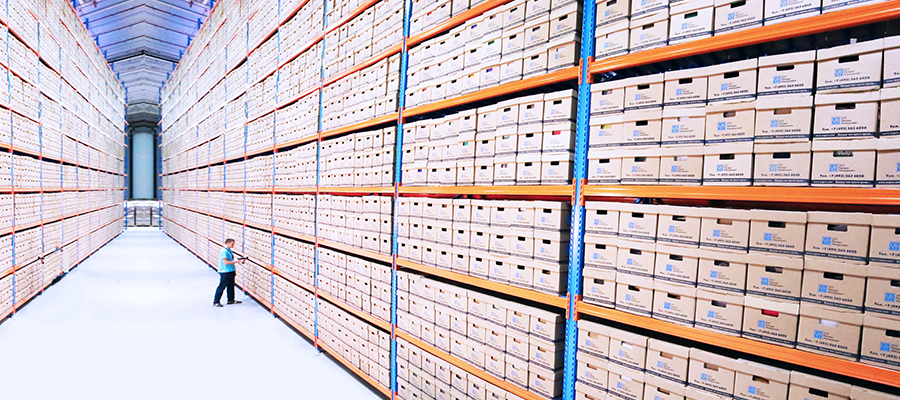The use of digital technology in the procurement of goods / services can be a good instrument to encourage prevention of corruption. This continues to be monitored through the National Corruption Prevention Strategy program.
The statement was conveyed by the representative of the KPK National Strategy (Stranas) Secretariat, KPK Deputy for Prevention, Pahala Nainggolan, in a webinar discussion "Digitalization of Government Procurement of Goods / Services, Is It Effective to Prevent Corruption?" on Thursday (22/10).
Pahala also explained that Stranas PK in its action plan would further improve existing instruments, particularly in terms of electronic procurement as there is an electronic purchase system which is often called a catalog, "So, the action plan will encourage catalog usage in two types; local catalogs and sectoral catalogs. "
Since 2004-2019, KPK has handled more than 820 cases where 70 percent of the corruption cases handled were related to the procurement of goods/services in the form of bribes, inflating the budget price for goods/services, receiving gratuities, as well as receiving fees and kick-back funds. Annually, more than 45 percent of the state budget is even used for goods/services procurement spending, and in 2020, the budget for goods/services/capital expenditures reaches more than Rp1,200 trillion, and every year it is getting higher along with the development progress in all fields.
This activity is a strategic effort designed to prevent systemic corruption which also aims to disseminate the use of digital technology in the procurement of government goods/services. The activity also attempts to increase professionalism and modernization of the procurement of goods / services in the central and regional governments.
Pahala continued by saying that the benefits obtained from digitizing the procurement of government goods/services include providing transparency and efficiency in the procurement of goods/services, and this can provide protection for SMEs so they can directly enter the e-catalog and compete with large providers. However, he also highlighted some things that still need improvement, he said, "There is still the potential for corruption in the payment system, and it is necessary to add more providers (vendors) to the local catalog."
Additionally, also attending the webinar discussion were the Minister of Cooperatives and SMEs Teten Masduki, KPK Commissioner for the 2015-2019 period Saut Situmorang, Head of LKPP Roni Dwi Susanto, as well as several speakers such as Inspector General of the Ministry of Education and Culture Chatarina M. Girsang, and also the Head of BPPBJ DKI Jakarta Blessmiyanda. Each person introduced good practices from procurement digitization of government goods/services that have been running, namely SIPLah (School Procurement Information Systems) and eOrder.
Saut said that the advantages of digitalization include the fact that it can also be used as electronic evidence in the event of criminal acts of corruption. He also said that technology is not only about good systems, but it must be accompanied by good technical management and must be managed in a sustainable manner.
The head of LKPP Roni summarized that digitalization is a big challenge that needs to be seriously managed, he said, as not only is the system being changed but also: so is the organizational culture. "What we are doing with digitalization also changes the mindset, particularly the mindset of people in the government and the mindset of providers (vendors) of goods and services," he concluded.
